What Safety Certifications Should I Look for When Buying Batteries?
Highlights
- Look for established safety certification marks (e.g., UL, IEC, ISO) when buying batteries.
- Understand what these certifications cover: safety of cells, packs, transportation, energy storage systems.
- Verify authentic certification labels, documentation, and reputable sellers.
- For purchases in Jefferson, LA, trust local providers like Jefferson Battery Co Inc.
- Certification doesn’t guarantee perfection—but it substantially reduces risks such as fire, short-circuit, or premature failure.
When you walk into a store in Jefferson, LA or browse online for a battery purchase, you’re not just paying for stored energy. You’re also assuming safety responsibility. Whether you’re buying for a home-storage system, portable electronics, or vehicle use, knowing “what safety certifications should I look for when buying batteries?” becomes an essential question. For local buyers working with Jefferson Battery Co Inc, checking certifications is a key part of making a safe and reliable choice. Understanding the industry-recognized standards helps protect you from substandard or dangerous products. The right certification ensures the battery performs efficiently while maintaining high safety standards across all operating conditions.
Understanding Certification Labels
When you’re examining a battery, one of the first things to inspect is the certification label. For example, certifications from Underwriters Laboratories (UL) are highly regarded. According to UL, the organization evaluates, tests, and certifies virtually every type of battery—including lithium-ion cells and packs—to confirm they meet strict global safety and performance requirements. These certifications mean the battery has undergone tests for risks such as overcharging, short-circuit, thermal runaway, and mechanical abuse. As a consumer in Jefferson, LA, seeing a UL mark gives you greater confidence in the product’s safety credentials.
FAQ
Does every battery need a UL mark?
No, batteries come from many markets and some may meet other standards. But a UL mark is a strong indicator of high safety testing.
Are certification marks only for Li-ion batteries?
No, while lithium-ion batteries often attract more scrutiny, other chemistries can also have certifications relevant to their type.
If I buy from a local shop like Jefferson Battery Co Inc, can I skip checking the label?
No, it’s still wise to inspect certification labels and documentation even when buying locally; it ensures you’re getting a properly certified product.
Key Certification Standards to Look For
Beyond UL, there are other vital certifications you should know about. For instance, the international standard IEC 62133 sets safety and performance requirements for rechargeable lithium-ion batteries used in portable applications, including tests for over-discharge, short-circuit, and thermal abuse. This standard is widely recognized and followed by accredited testing laboratories to confirm that batteries meet international safety expectations. Also, quality and process management standards such as ISO 9001 apply to battery manufacturers. According to ISO Certification US, ISO 9001 certification helps ensure consistent production quality and is important for battery manufacturing. When buying batteries from Jefferson Battery Co Inc in Jefferson, LA, asking whether the product meets IEC 62133 (or equivalent) and whether the manufacturer holds ISO 9001 can add an extra layer of assurance.
FAQ
What does IEC 62133 cover that UL may not?
It focuses globally on rechargeable batteries in portable use, emphasizing electrical, mechanical, and chemical safety specific to consumer applications.
Does ISO 9001 guarantee the battery is safe?
No, it’s a quality systems standard, not a battery-specific safety test. But it does indicate the manufacturer operates under strong quality controls.
Should I avoid batteries without IEC or ISO standards?
Not necessarily avoid, but you should ask questions, understand risks, and choose trusted sellers like Jefferson Battery Co Inc who can provide documentation or certifications.
Certifications for Larger Systems and Transportation
For larger applications—such as home energy storage or electric vehicles—or for shipping batteries, additional certifications matter. For example, UL standard UL 1973 covers stationary batteries and energy-storage systems that are evaluated for performance and safety under rigorous testing. Transportation standards like UN 38.3 apply when batteries are shipped or carried on planes, ensuring they can withstand vibration, pressure, and temperature variations. For a consumer in Jefferson, LA buying a large battery system from Jefferson Battery Co Inc, verifying these certifications is particularly important because risks amplify with scale. Certification marks associated with energy storage should signal that the system is designed for safety under higher stress.
FAQ
If I’m only buying a small portable battery, do I need UL 1973?
Probably not; UL 1973 is for stationary or large-scale systems. For small devices, consumer standards (IEC 62133 or UL 2054) may be more relevant.
What does UN 38.3 mean for me as the buyer?
It means the battery has been tested for transportation risks (shock, vibration, temperature) which is relevant if the device will be shipped or carried.
If the documentation lists multiple certifications, which is most important?
It depends on your use: for everyday portable use, consumer standards (IEC 62133, UL 2054) matter; for large systems, energy storage standards (UL 1973) and transport standards (UN 38.3) matter more.
How to Verify Certification and Buy Safely in Jefferson, LA
When you visit or contact Jefferson Battery Co Inc in Jefferson, LA, here are practical steps to verify certifications: ask for the certificate number and check it with the issuing body, look for the mark directly on the battery or pack (for example “UL Listed 1642” or “IEC 62133”), and ensure the seller provides documentation or tells you the standard. According to the New York Battery and Energy Storage Technology Consortium (NY-BEST), battery systems are rigorously tested, certified, and built to comply with extensive national and international safety standards to maintain long-term reliability and compliance. Don’t rely solely on branding; even well-branded products may use non-certified cells. A trusted local business like Jefferson Battery Co Inc will support you in verifying these items.
Another way to confirm authenticity is by scanning QR codes or visiting the official certification database. Many certifying bodies, such as UL and Intertek, maintain searchable public records where you can verify the legitimacy of a product’s certification. Always cross-check model numbers and manufacturer names to ensure they match. Consumers should also watch out for counterfeit labels, as some low-cost manufacturers print fake certification marks. This problem has grown in the online marketplace, where safety compliance is often ignored. That’s why working with reputable suppliers like Jefferson Battery Co Inc in Jefferson, LA, adds extra peace of mind and assurance of proper certification.
It’s also important to understand that certifications evolve over time. As new technologies and chemistries enter the market, governing bodies update their standards to reflect modern safety expectations. For instance, as energy density increases in newer lithium-based batteries, updated testing protocols help prevent overheating and thermal incidents. Staying informed about these updates can help you choose batteries that reflect the latest in safety advancements. Local experts and certified suppliers can help you interpret these details and make smart buying decisions based on your needs, whether you’re purchasing automotive, solar, or household batteries. Remember, safe purchasing habits today can prevent costly damage or safety issues tomorrow.
Final Thoughts
In Jefferson, LA and beyond, buying a battery isn’t just about capacity and price—it’s about safety. Recognizing certifications like UL, IEC, and ISO and understanding their roles helps you make informed choices. Whether you're getting a replacement for a portable device or investing in a home energy system via a local provider such as Jefferson Battery Co Inc, checking these certifications ensures you’re not taking unnecessary risks. The next time someone asks “What safety certifications should I look for when buying batteries?” you’ll know the answer—and make the right decision. Safe batteries protect not only your investment but also your home, equipment, and the environment. As technology advances, prioritizing safety certifications will remain the most reliable way to safeguard performance, durability, and peace of mind.
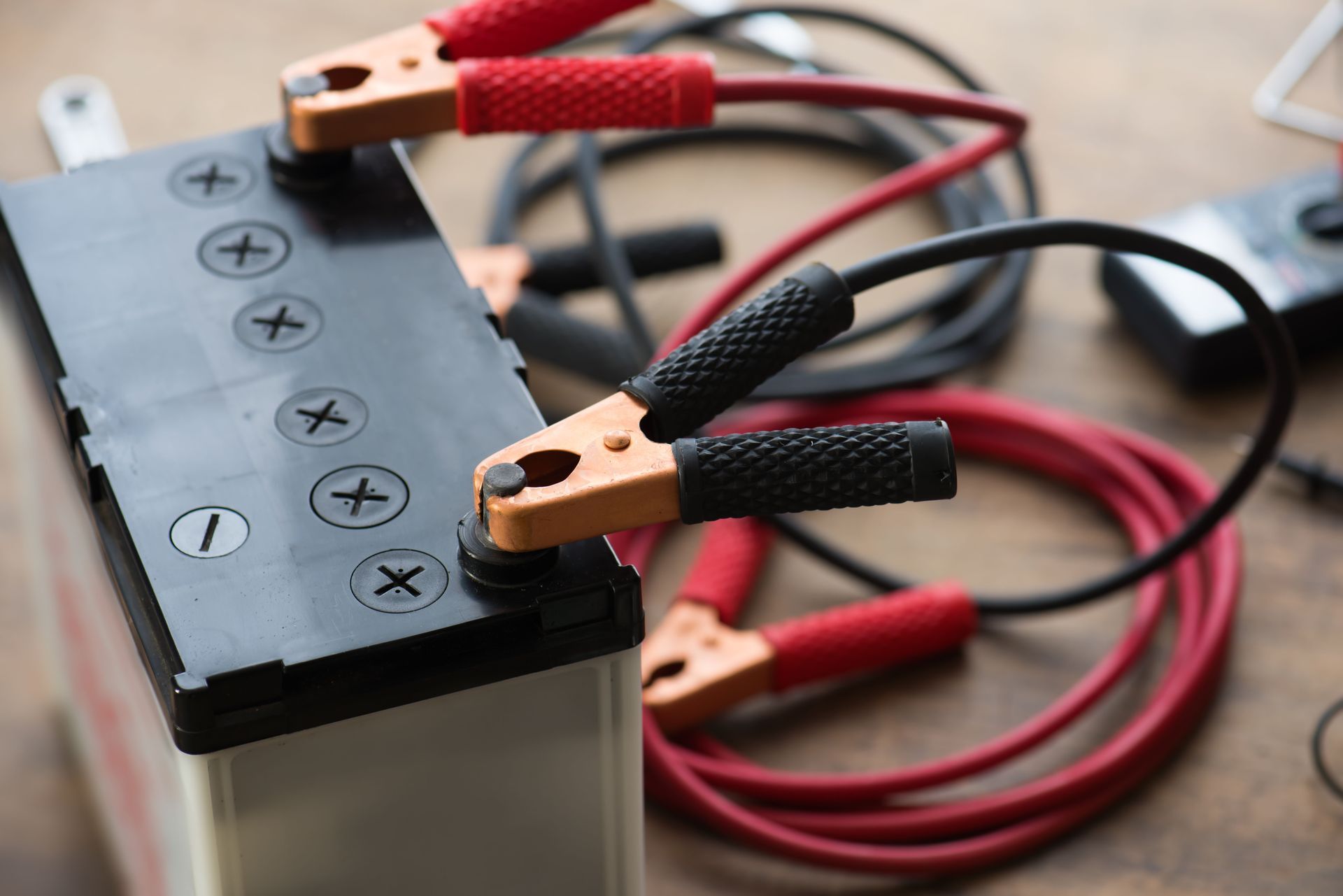



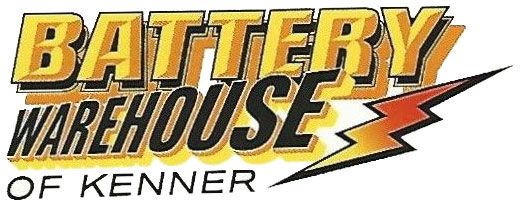
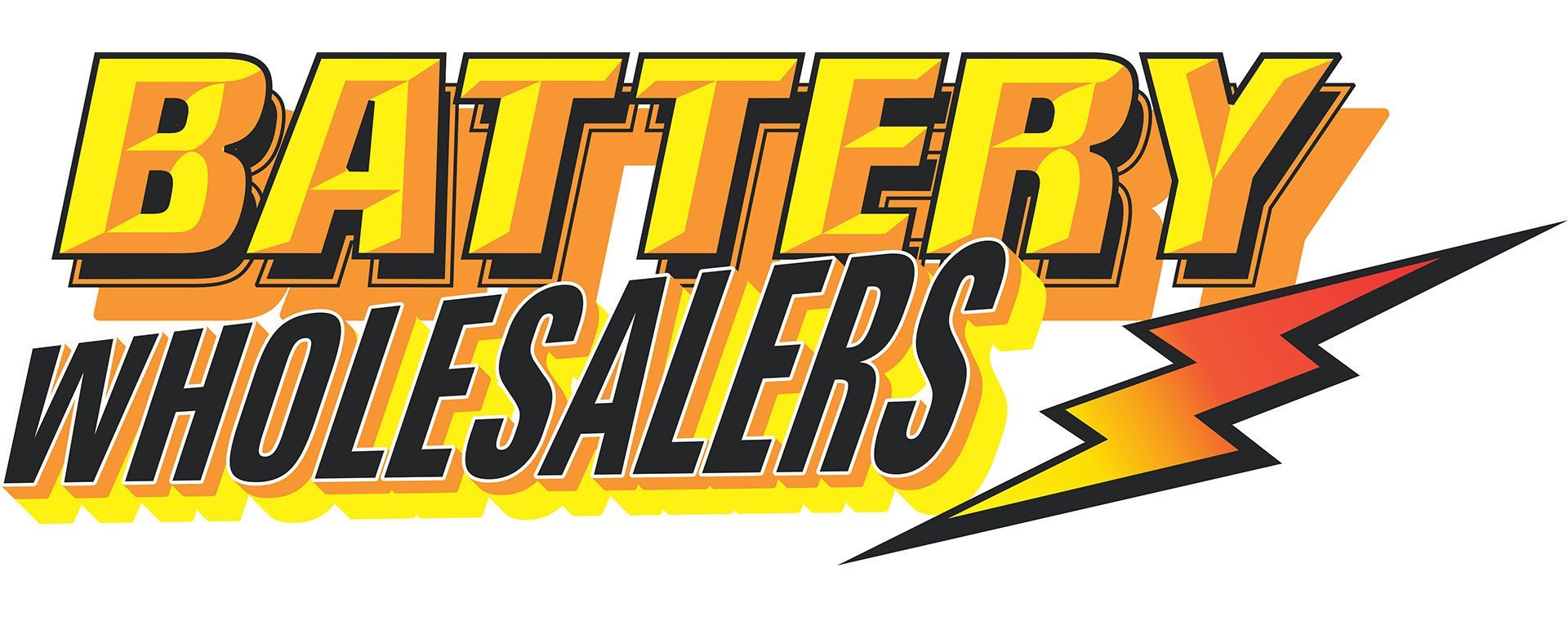
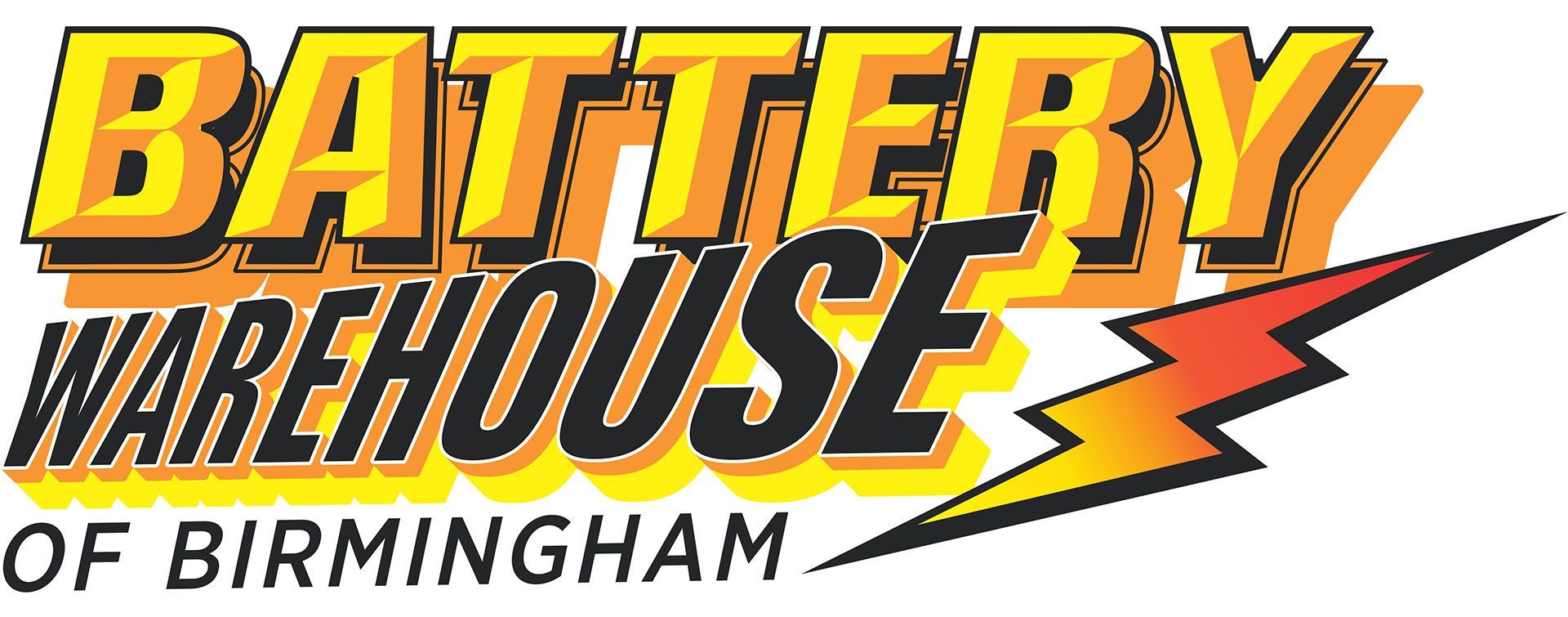


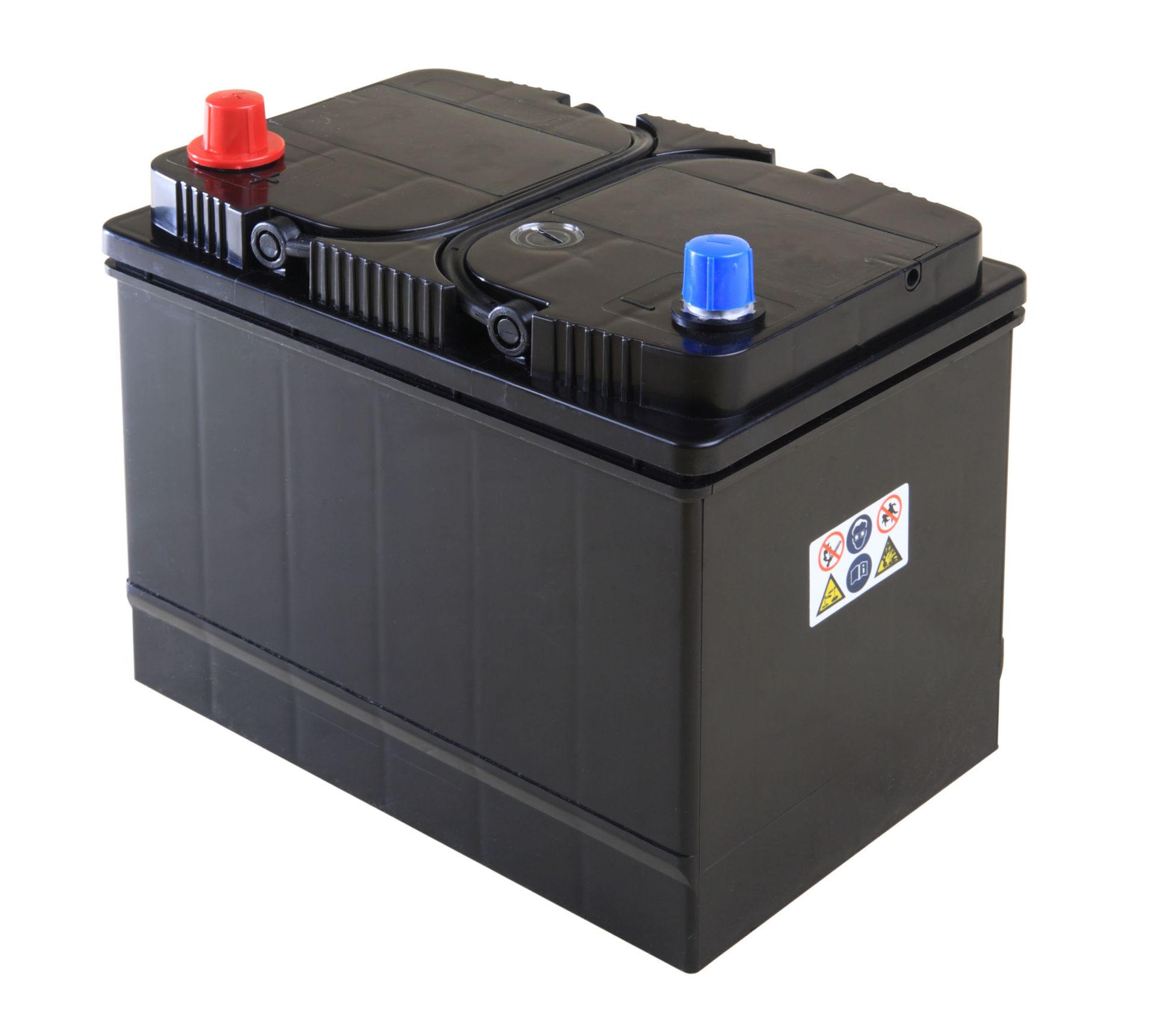
Share On: